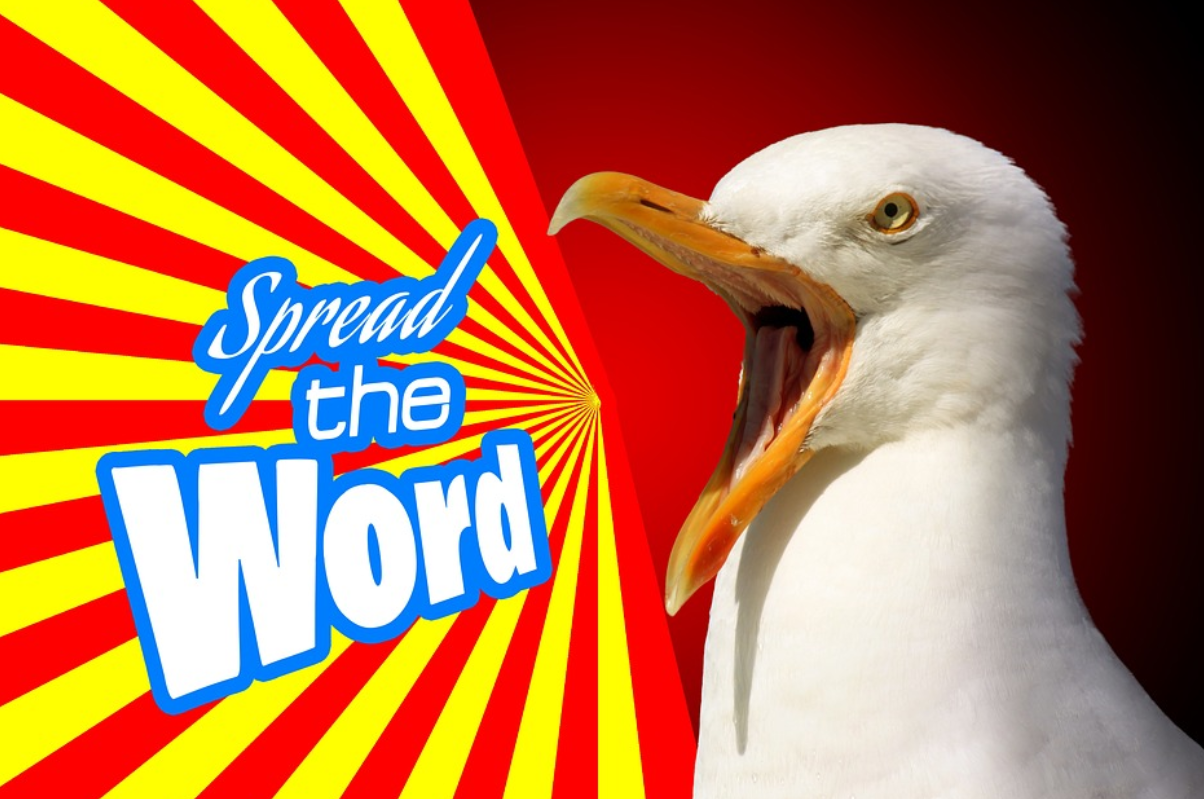Hollywood anti-piracy units become stars of MPA * TorrentFreak media wizard attack

 Wherever it is mentioned and no matter where it is in the world, the word is Hollywood It conjures up images of the brilliance, untold riches, and extraordinary power of the film industry.
Wherever it is mentioned and no matter where it is in the world, the word is Hollywood It conjures up images of the brilliance, untold riches, and extraordinary power of the film industry.
Widely considered the business capital of the world, Hollywood’s ability to maintain and build on its carefully cultivated image is the product of more than a hundred years of filmmaking. For the past century exactlyThe Motion Picture Association asserted that the less glamorous things, such as legislation and taxes, always tilt in Hollywood’s favour.
Representing the interests of just six members – Disney, Netflix, Paramount, Sony, Universal and Warner Bros. Today, the MPA is the most powerful institution of its kind anywhere in the world. In no small part, they help maintain Hollywood’s sparkling, enduring, and somewhat untouchable image, in the halls of power and beyond.
Founded in 1922 as the Motion Picture Producers and Distributors of America (MPPDA), the early goal was to prevent government interference in the film industry. A hundred years later, the MPA regularly calls on government to intervene, not in the filmmaking process, but in any way it can—in any country—to ensure that Hollywood’s interests are never overlooked.
MPA and ACE – partners in the fight against piracy
One of the most visible aspects of the MPA’s advocacy has to do with its anti-piracy work, much of which is now handled by the Alliance for Creativity and Entertainment (ACE). The MPA provides ACE with the resources it needs to tackle piracy on behalf of its founding members, while dozens of rights holders in the broader film and television industry are also required to support ACE financially.
In broad terms, an ACE is an effective administration in an MPA that has powers to protect content that is not a member of the MPA, as long as the owners are paid members of the alliance. MPA members contribute more financially but when a site is taken down to protect Hollywood, the content produced by other ACE members goes down with it.
ACE has shown an impressive ability to get the job done since its launch in 2017 and its activities are reported regularly here on TorrentFreak. We seek feedback from ACE at appropriate times but the nature of the anti-piracy group’s work means that feedback is limited, resulting in our research and investigations taking precedence.
Ace makes her own announcements but only when she feels the time is right Just rightwhich rarely coincides with our intention to crack potentially sensitive stories now. Recently, however, ACE has been significantly more active on the media front with more regular reports on some (but not all) of his recent accomplishments.
At first, this didn’t seem particularly unusual but then we learned that MPA is working on something new that hasn’t been done before as far as we know. In what could be a move to optimize the financial costs associated with ACE’s anti-piracy mission, the MPA intends to take the negatives of piracy, highlight them from the perspective of ACE’s anti-piracy work, and combine the two to create new opportunities.
In wilder terms, piracy is a turd that not even an MPA can polish, but with some Hollywood magic and a hefty helping of media, ACE’s anti-piracy accomplishments could be rolled a bit more glossy, sprinkled with silver screen magic, and then used as a Hollywood promotional tool. The only surprise is that the great minds of Tinseltown didn’t think of it sooner.
What every undercover detective needs: A public relations department
Confirmation that the MPA is about to hit the mass anti-piracy publicity button can be found in the job listing seeking a candidate for Vice President of Global Communications, responsible for ACE, MPA’s global content protection enforcement team, and MPA’s trusted partner network. (TPN).
The Vice President globally will execute communications strategy and assignments with content protection teams in the US and abroad, focusing on media relations, press release writing, and digital media strategy. This position is paid, exempt and reports to the Senior Vice President, Global Corporate Communications and Vice President CEO, Head of Global Content Protection,” the list reads.
For Hollywood, image is still everything
The responsibilities associated with this new position are numerous, but one of the main tasks is to raise awareness of ACE, MPA, and TPN content protection enforcement efforts. How this will be achieved is outlined in black and white, with the successful candidate’s duties including the following:
Generate and implement media opportunities and strategies to develop and enhance meaningful relationships with target audiences, including the media, internal and external influencers, and constituents.
Develop and enhance authentically and effectively collaborative working relationships with the press and with internal and external stakeholders of ACE, TPN, MPA and members, to build reputation, earn trust and achieve measurable results
Collaborate with the MPA digital team on strategy and content for ACE, TPN, MPA online and social media activities
The successful candidate will also be required to ‘co-ordinate print and broadcast interviews by crafting talking points [and] key messages ‘While driving’ Organize, develop and deliver ACE, TPN and MPA message documents [and] talking points.”
Anti-piracy awareness
In an ideal world, an MPA is looking for someone with a bachelor’s degree in English, communications, journalism, political science, or public relations, with at least 10 years’ experience working in a journalism/media, public affairs, and/or political capacity.
It would be cynical to suggest that the media may be seen as a conduit for political messages, or as third-party amplifiers of carefully prepared data and press releases. But the unfortunate truth is that the sensitive nature of the anti-piracy business does not readily accommodate investigative questions from the curious.
While conducting investigations, Ace is unfailingly professional, which means she never gives anything away. When investigations end, sensitive settlement agreements prevent any of the parties—ACE, MPA, and hackers alike—from revealing anything that hasn’t been cleared through the strict legal agreements.
Frankly, if journalists want to publish something unique, they will have to get their own information from their own sources. The alternative is to amplify pre-packaged shots of what tends to represent only one side of larger stories, stories that need to be told independently, whenever possible.
News vs. Marketing and Advertising
None of this should be taken as a criticism of the MPA and it is certainly not a criticism of the ACE. As we’ve reported many times before, ACE is a very professional operation that even some hackers grudgingly pay their respects to, even after being targeted themselves.
The point is, ACE’s work is incredibly sensitive, and if this unity were to be promoted to the world – by Hollywood itself – then people would only see Hollywood. Wants people to see. Successes will be accompanied by fanfare and tape recording, while less positive news will be pushed into dark corners. For big business, that is completely natural.
There are also restrictions on sensitive information, particularly when it relates to investigations that could turn into a lawsuit or criminal proceeding. But on the flip side, when the time is right, the less positive results will undoubtedly see the light of day as they are put forward to support lobbying efforts to pass new legislation.
Real fights need real tools, but beware of the consequences
Tightened law undoubtedly improves Hollywood’s ability to fight piracy in the face of what can be highly regulated, designed, and in some cases, highly cynical piracy operations without respect for Hollywood, or even its users. The problem is that stricter laws in the online space tend to encroach on existing online freedoms. The only way to ensure this doesn’t happen is to tell all sides of the story.
Hollywood’s fight against piracy is very real, increasingly global, and in some areas unrecognizable when compared to the “sharing” societies of two decades ago. Hollywood makes us laugh, it can make us cry, and for that most of us are really grateful. But when all is said and done, if nothing else, there will always be a Hollywood end to Hollywood.
So, as the story unfolds and the drama unfolds, catching a glimpse and then reporting on the events behind the curtain should be considered mandatory. An alternative is to strap on a supplied sandwich board and walk around town announcing a pre-printed message.
This may be a good message, but when there is an opportunity to do more, we should do more.
One of the fundamental problems with radio and television news is that both originated as an incompatible mixture of show business, advertising, and news. Each of the three is a rather strange and demanding profession. And when you put all three under one roof, the dust never settles – Edward R. Murrow
